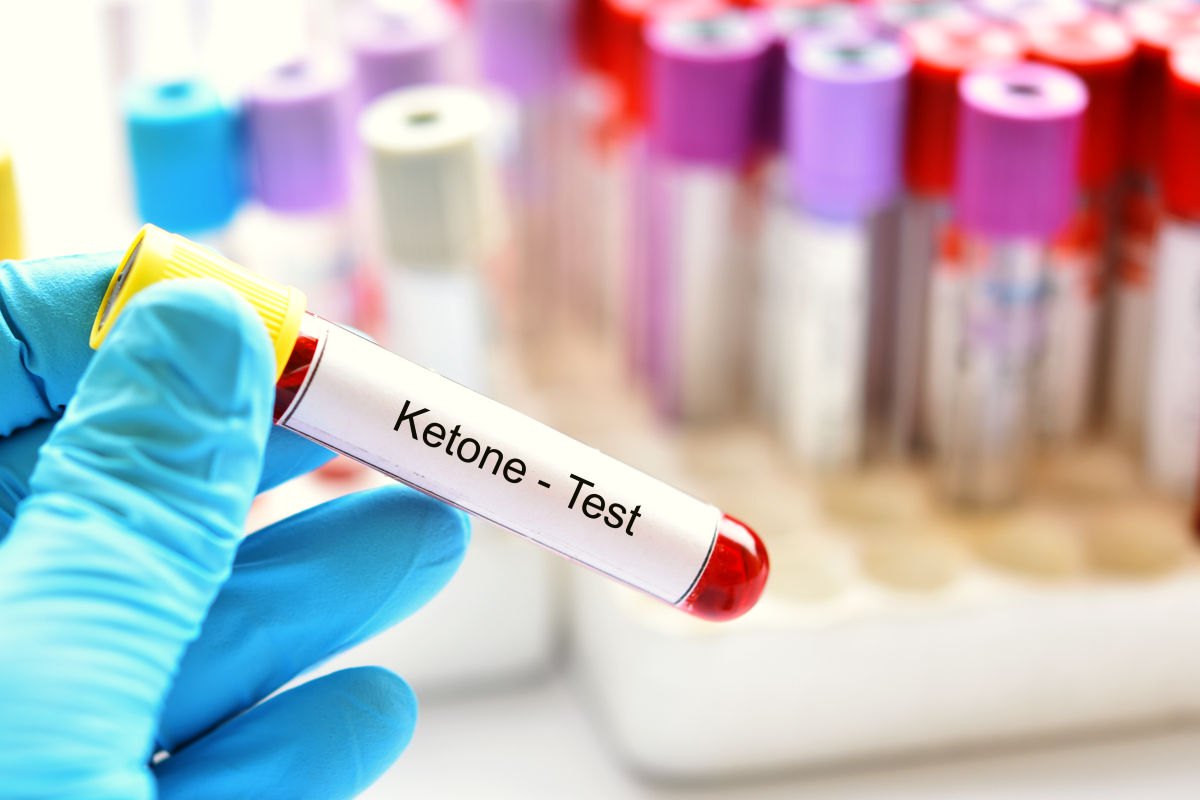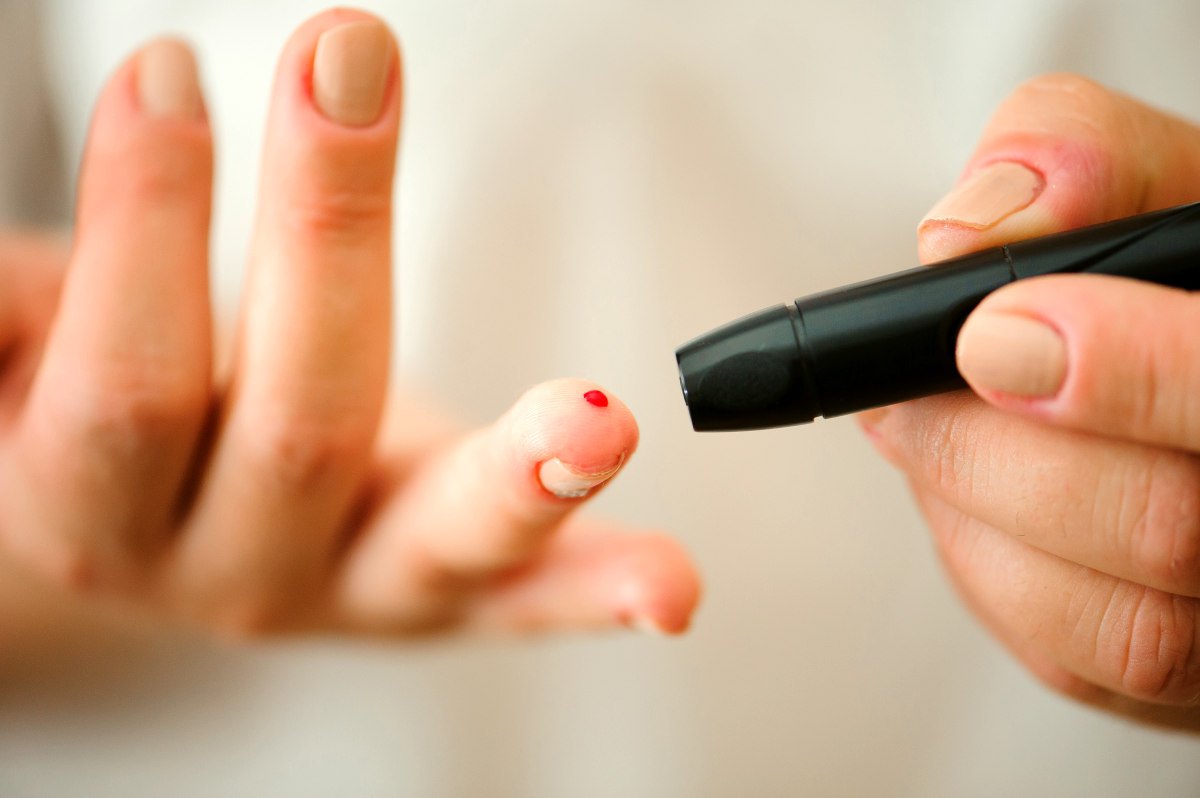
What makes the ketogenic diet plan so different from other diets is the emphasis on getting the body to enter a state known as ketosis. Find out more about this low-carb diet meal plan in this discussion.
RELATED: What Are Ketones?
In this article:
- What Is Ketosis?
- Where Do Ketones Come From?
- What Kinds of Ketones Are Produced in the Ketogenic Diet?
- How Can You Test Your Body for Ketone Levels?
- Understanding Ketone Levels
- Ketone Level Testing Methods
What You Need to Know About the Ketogenic Diet Plan
What Is Ketosis?
Ketosis occurs when the body begins to burn ketones as an alternative fuel source when there is low carb intake. For those who begin a keto diet, getting the body into a state of ketosis is the goal. But, not everyone on this keto meal plan is fully aware of what a ketone is, what it does, and what it all means for the human body.
Understanding this information can help you become aware of how your new low-carbohydrate diet will work with your body’s systems to lose weight and promote overall wellness.
Where Do Ketones Come From?

Otherwise known as “ketone bodies,” ketones are created and burned as an alternative energy source within the human body. On a typical diet, the body burns carbohydrates to create the energy it needs to function at optimal levels. On a low-carbohydrate ketogenic diet plan, however, the body needs something else to give it this energy. The goal is to get your body burning excess fat for this purpose. Ketones are the byproducts of this fat-burning process.
Ketones are produced when carbohydrates aren’t present enough to act as an adequate source of energy. While this can occur after prolonged exercise or due to fasting, the purpose of the keto diet is specifically to run on ketones within the body.
What Kinds of Ketones Are Produced in the Ketogenic Diet?
There are three different kinds of ketones produced within the human body as a response to low carbohydrate levels:
- Acetone – created spontaneously from acetoacetate and is the least-used ketone in the human body
- Beta-hydroxybutyric acid (or BHB) – formed from acetoacetate
- Acetoacetate (or AcAc) – the first ketone created when the body begins to burn fatty reserves for energy
BHB and AcAc are primarily responsible for transporting energy to other areas of the body from the liver. Acetone is frequently purged from the body via urine or breath, particularly when the body is not desperate for a ketone to burn for energy. If you have ever experienced fruity or sweet-smelling breath while on the ketogenic diet, acetone is the reason why.
RELATED: A Beginner's Overview to Keto and Intermittent Fasting
How Can You Test Your Body for Ketone Levels?

Anyone on a ketogenic diet plan should understand there is a degree of monitoring necessary to ensure proper health on their dietary journey. Many rely on testing these levels to know when their bodies have entered ketosis. There are numerous ways to go about testing one’s ketone levels, including lab-based tests, which are the most accurate. Still, you can test your own ketone levels with inexpensive and convenient methods.
Understanding Ketone Levels
The number of ketones present in the body can vary wildly, starting at zero and is measured by millimoles per liter (mmol/L).
- Negative ketone levels are between 0 and 0.6 mmol/L.
- Low-to-moderate ketone levels reside between 0.6 and 1.5 mmol/L.
- High ketone levels are between 1.5 and 3.0 mmol/L.
- Very high ketone levels are more than 3.0 mmol/L.
Ketone Level Testing Methods

There are several ways you can check your blood, urine, or breath for ketone levels. Below, we rank the most common methods, from the most accurate to the least. If you are ever uncertain of your readings or don’t trust methods performed outside of a lab, you can have your ketone levels tested in a professional, medical environment.
- Blood Testing Using a Blood Glucose Meter
Blood testing with a blood glucose meter is the most effective way to check your ketone levels on your own. A lancet pen draws a small amount of blood, which is then placed upon a testing strip. The ketone BHB, which we discussed above, is most present in a person’s blood.
- Urine Testing with Urine Strips
Urine testing via urine strips is not the most accurate way to check your ketone levels, but it’s the most inexpensive option. Because of the low cost associated with this method of testing, this is ideal for dieters who want to test themselves often. All you have to do is urinate on a strip, check the result, and then check the corresponding meaning of the result.
The final and quite possibly least effective way of checking one’s own ketone levels is via a breath meter. It is a tool that measures the amount of acetone in one’s breath. It is best to pair this method with either blood or urine testing for the sake of accuracy and peace of mind.
When discussing a low-carb diet like the ketogenic diet plan for losing weight, the word “ketones” gets thrown around a lot with little definition or information. For you to safely and effectively utilize the keto plan to your benefit, you will want to test your ketone levels and understand what levels are healthy.
Now that you know how the ketogenic diet plan works for your body, you’ll also have a better understanding of the function of ketones in your weight loss journey. You only need to monitor your ketone levels to ensure proper health while on the diet. If you’re unsure of where you’re going with your diet, you can always consult a registered dietitian for nutritional guidance.
How is your experience with the ketogenic diet plan? Have you lost weight? Tell us in the comments section below.
Up Next:
Disclaimer: Our educational content is not meant or intended for medical advice or treatment.
Editor’s Note: This post has been updated for quality and relevancy.
